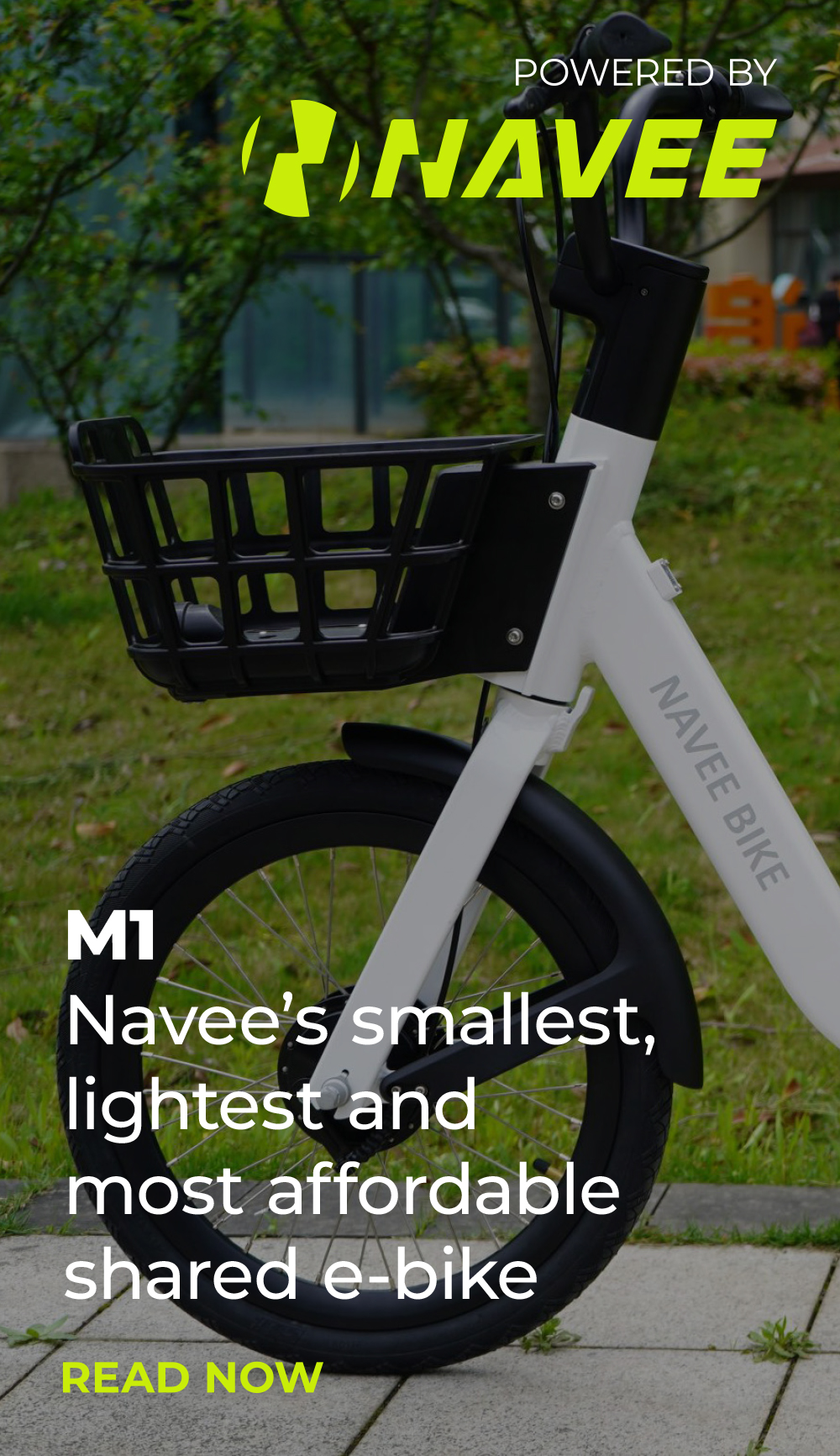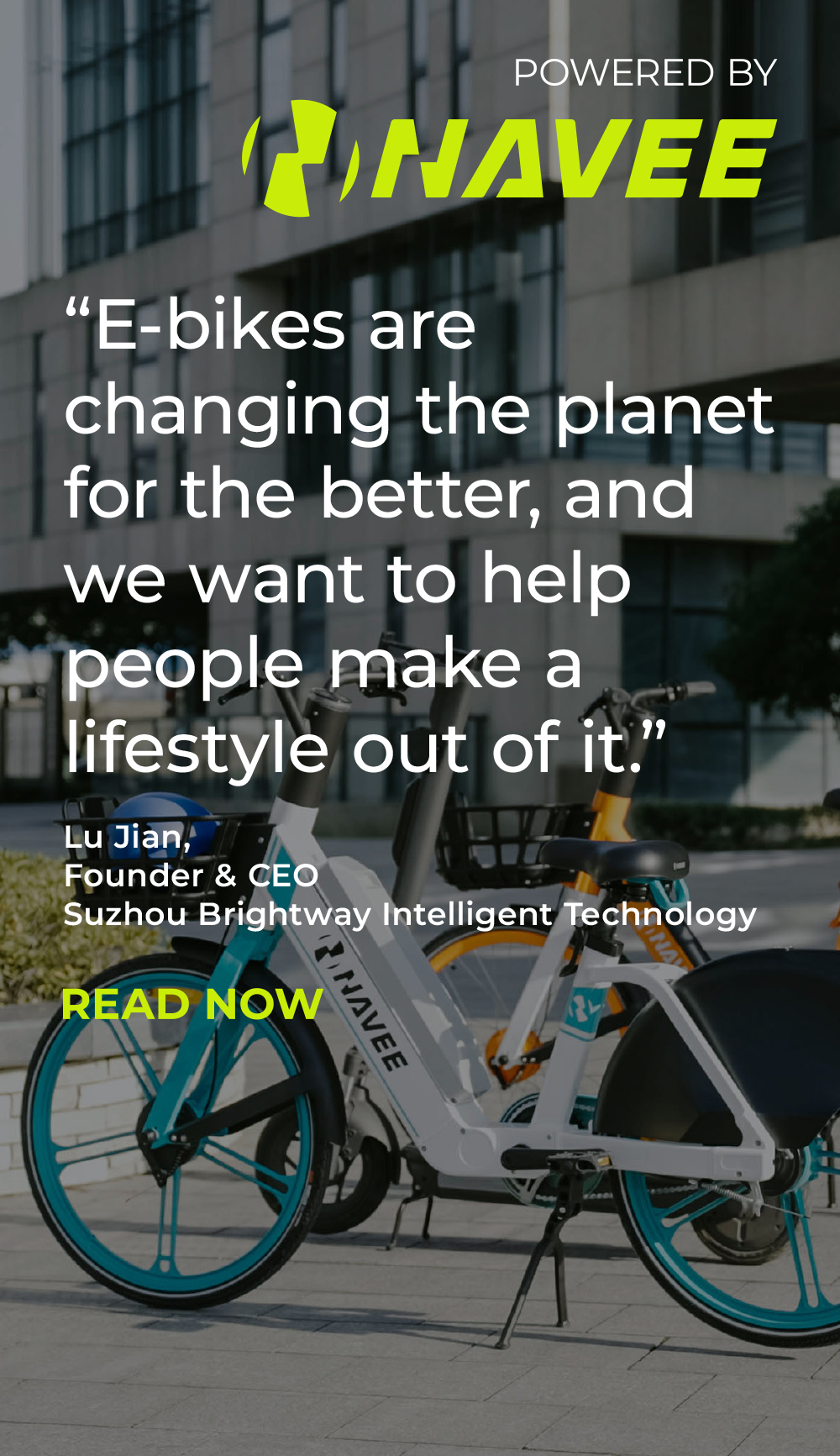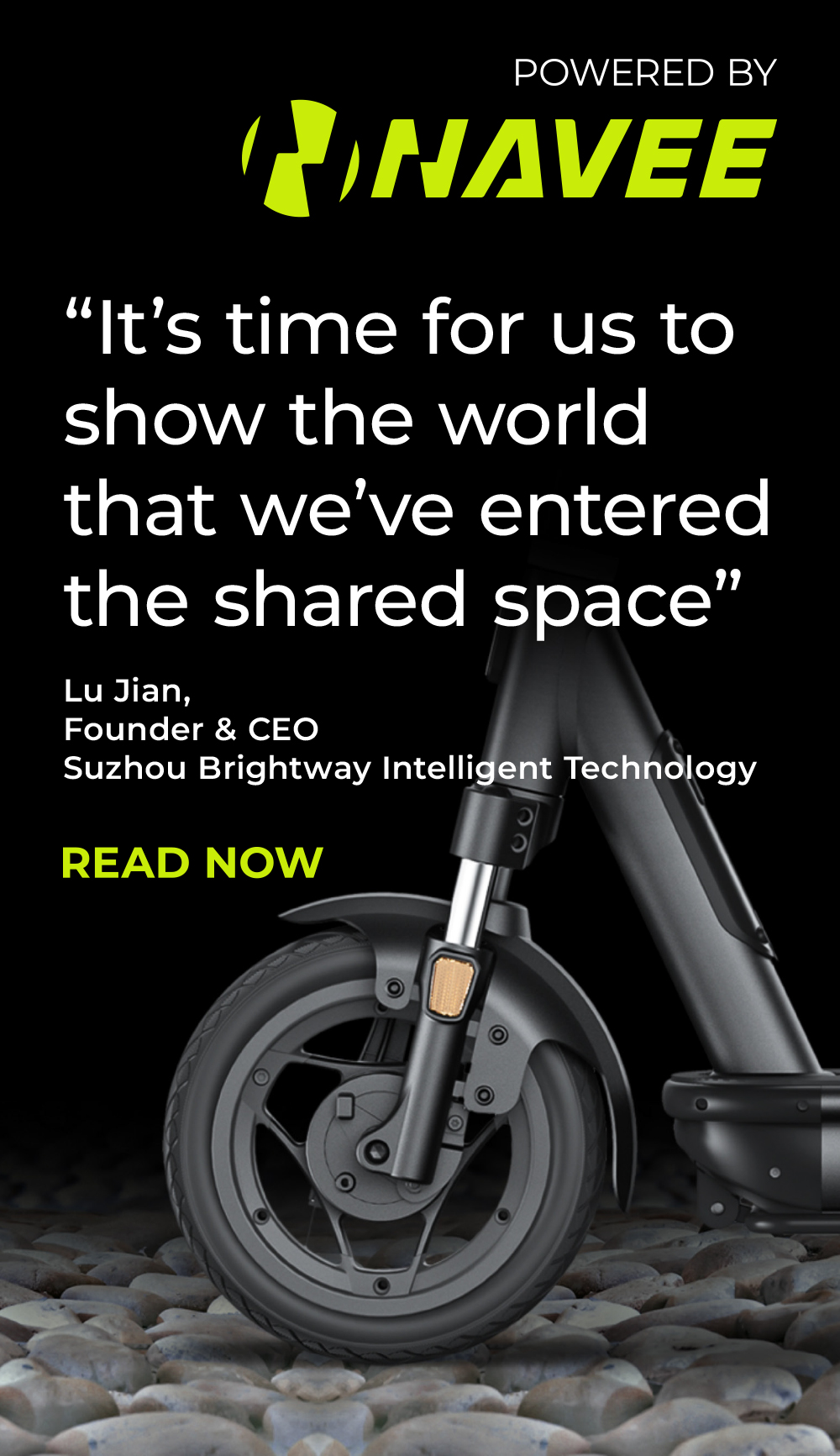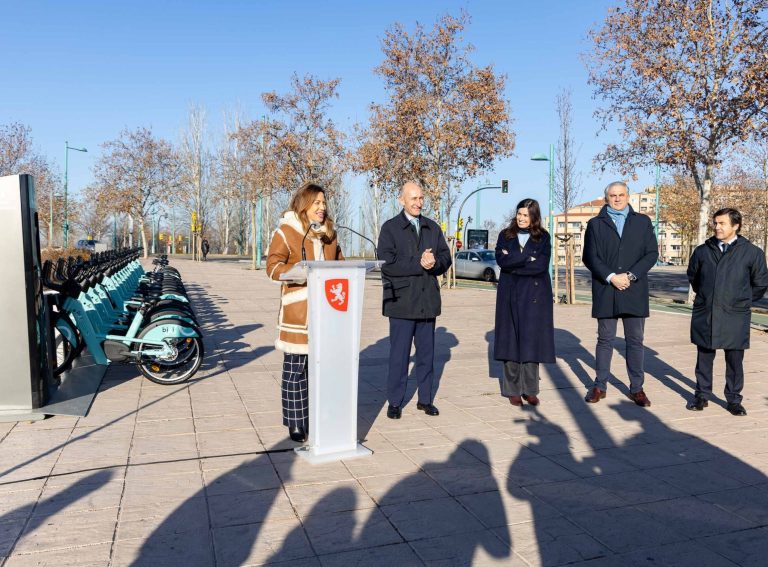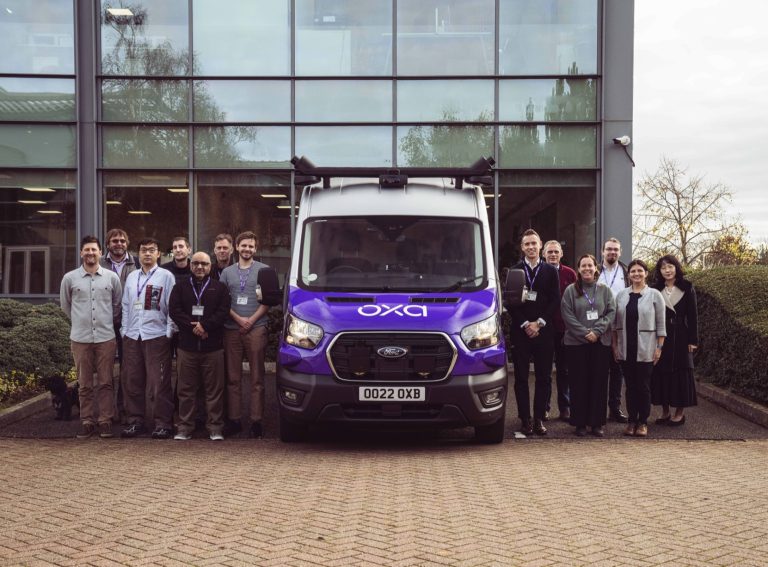Voi riders in Bristol are expected to spend an estimated £13 million on the city’s high streets this year, according to an independent study assessing the economic benefits of shared micromobility.
Carried out by Volterra Partners and commissioned by Voi, the study shows that this figure rises to £37 million at retail locations on high streets across the country, demonstrating the positive benefit shared e-scooters are having on local economies.
Across all Voi’s existing trial areas in the UK, the analysis suggests that e-scooter operations could provide a £53 million benefit in 2022 alone, extending to £2 billion over the next 60 years.
Riding back to Bristol’s high streets
Bristol is the most popular UK city for Voi and in the top 10 European cities for the shared operator.
The number of e-scooter trips that ended around Bristol’s 72 high street locations is equivalent to 31% of the total trips across four months (over 400,000).
Based on Voi’s annual rider survey data, it is predicted that at least 14% of these 430,000 trips were for shopping purposes, meaning that approximately 60,000 trips would be contributing to the vitality of high street retail.
In food and beverage expenditure alone, Voi’s e-scooters are estimated to have supported up to 260 jobs in Bristol this year. When considering all trial areas this figure rises to 1,400 jobs per year.
Since the trial launched in the city in October 2020 nearly seven million rides have been taken, travelling over 11 million miles and replacing an estimated three million independent car journeys.
“E-scooters are now an important part of our city’s modern, sustainable transport mix,” said Marvin Rees, Mayor of Bristol. “It’s encouraging to see the impact they are having on Bristol’s local economy: giving many of our residents the freedom to hop on and off across the city, enabling them to get to work, study and leisure destinations.”
Improving Bristol’s roads
The shift from cars to shared micromobility has reduced the rate at which roads and other transport infrastructure degrade and require maintenance.
In Bristol the potential benefits from this could see an extra £2.48 million during the four-year trial period go back into the local economy through government savings.
“Today’s socio-economic report shows how successful our scheme holistically benefits the locations they operate in, not only environmentally through reducing carbon emissions but also in supporting and improving the local economy,” Voi’s Head of Public Policy for UK and Ireland Matthew Pencharz told Zag Daily.
“In Bristol, and like other UK towns and cities Voi operate in, our e-scooter schemes are helping create equity for local communities through dramatically changing how people get to work, helping revive the high street and by creating job opportunities for local people.”

